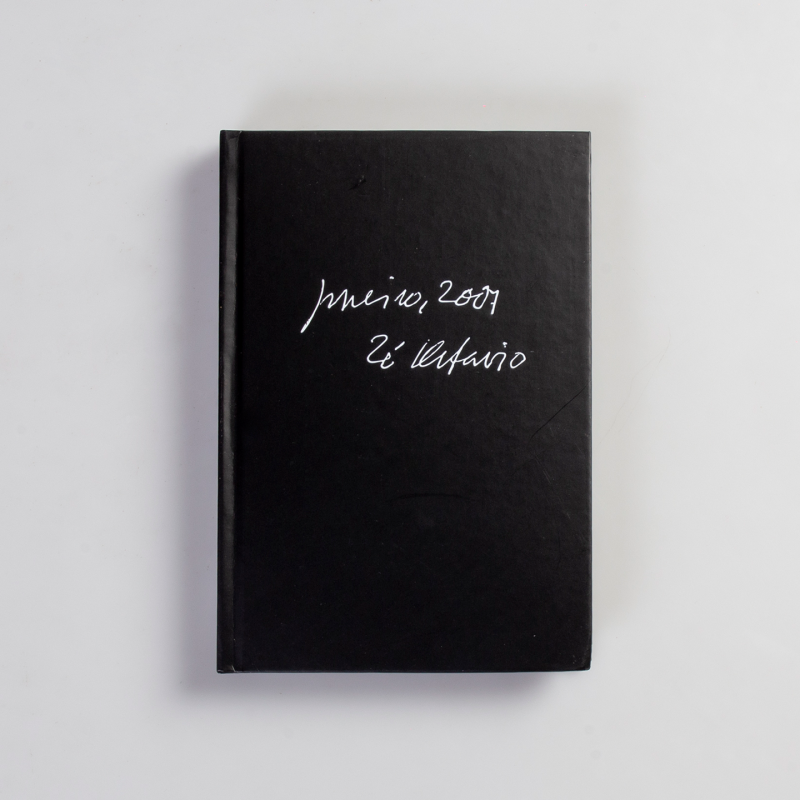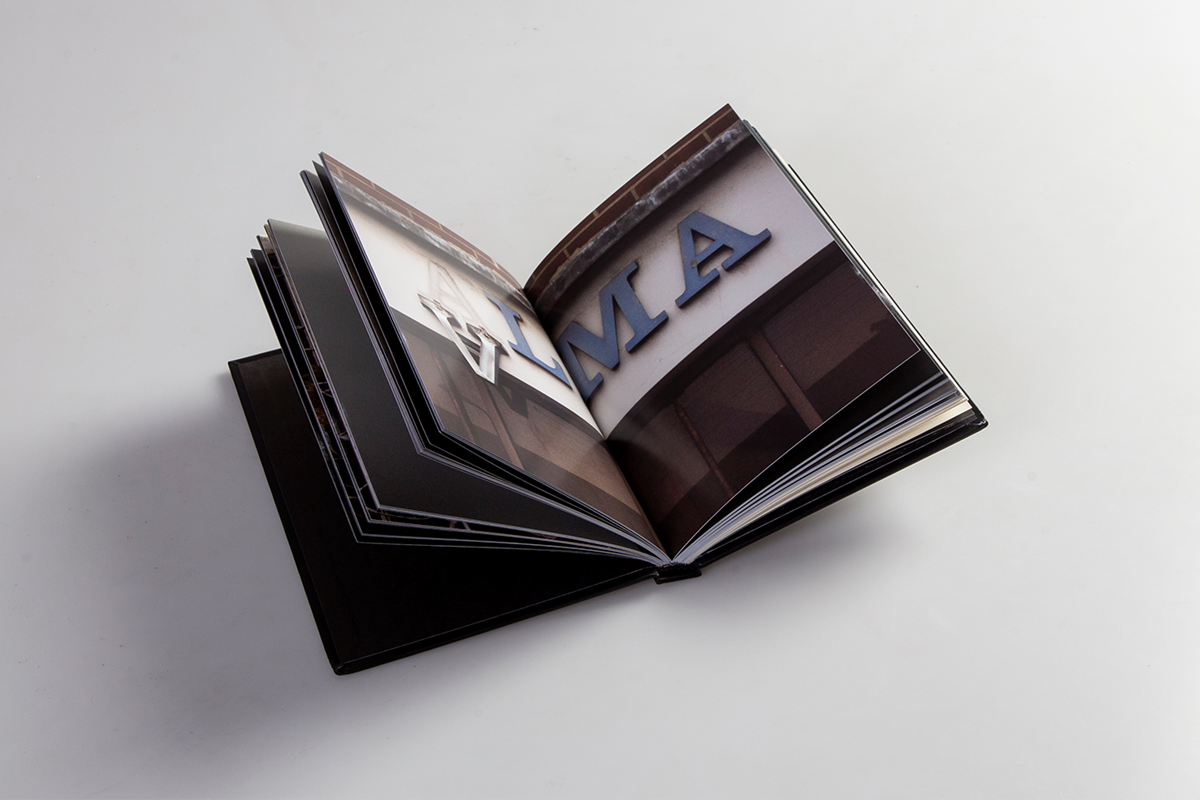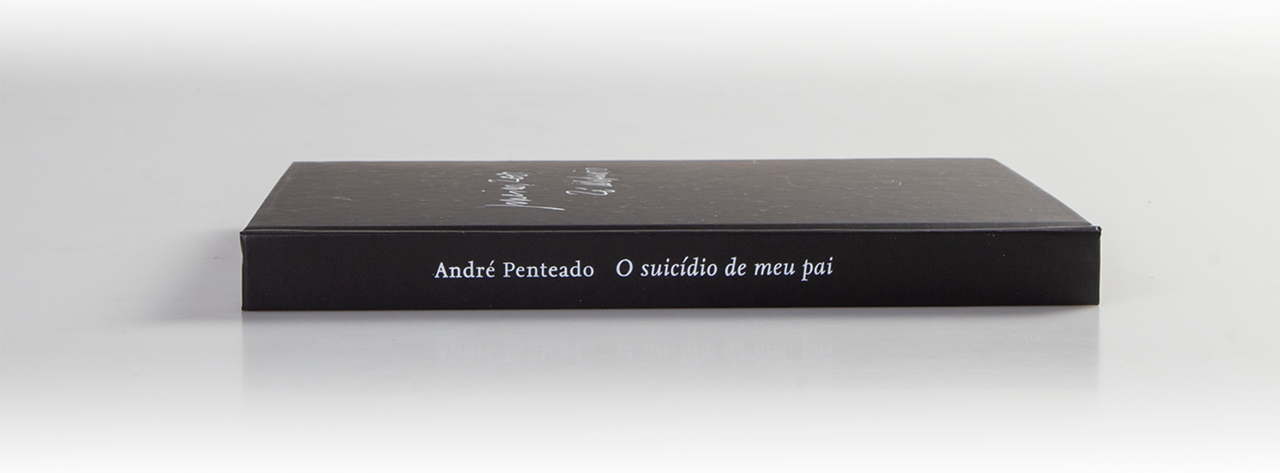







My father, José Octávio, was 72 years old when he took his own life on January 31, 2007, in São Paulo. Shortly after receiving the news, I grabbed my camera and began to photograph. It was an impulsive and immediate way to confront what had happened. The next morning, I flew to São Paulo. Upon arriving there, I went straight from the airport to the wake, where I continued to photograph, only pausing at the end of the funeral the next day. I realized that unconsciously, I was expressing my grief. While working on an artist's book with the photos from the funeral, for an exhibition I would hold in London, I decided to include copies of the four letters my father had left me. Since the letter was one of the last actions of his life and contained his final signature, I realized that those letters held a powerful meaning: with this meticulous formality, he wanted to assure us that he was right in his decision. Author: Penteado, André.

